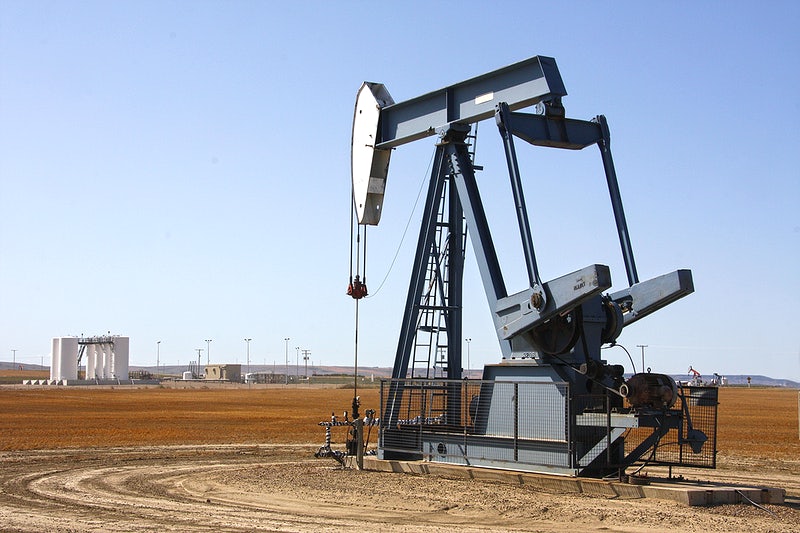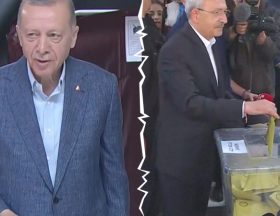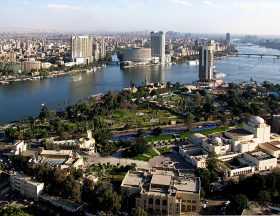On March 24, the International Court of Arbitration of the International Chamber of Commerce in Paris rendered an award in favor of Iraq in the dispute between it and Turkey since 2014. Iraq's complaint follows a the agreement concluded between the Kurdistan Regional Government and Turkey in 2014 allowing Kurdistan to export, via Turkey and its port of Ceyhan, almost all of the oil it extracted, in violation of the agreement signed between Turkey and Iraq of 1973 which made the Iraqi state the only competent player in the export of oil to Turkey.
On the financial level, Turkey would have been ordered to pay Iraq an initial compensation of $1.5 billion – for damage estimated by Baghdad at $23 billion.
Following this arbitration, oil exports from Iraq to Turkey immediately ceased via the pipeline linking the oil fields of Kirkuk in northern Iraq to the Turkish port of Ceyhan. This represents a deficit of around 400,000 bpd of Kurdish oil and 75,000 to 100,000 bpd of oil from the Kirkuk region (under the control of the federal government), which also uses this same pipeline.
In total, this volume represents about 0.5% of world exports. This interruption leads to a shortfall of at least $32 million per day (nearly $1 billion per month) for Iraq. Oil companies operating in the Kurdistan region have been forced to stop production (almost all the oil extracted is intended for export), their storage capacities being saturated, which could eventually damage the wells.
Since the decision of the International Court of Arbitration, the Iraqi federal government and the KRG have agreed on an agreement on Iraqi hydrocarbon exports. The solution that seems to have been found is based on SOMO’s exclusivity of exports, a realignment of Kurdish barrel prices on those of the rest of Iraq (since the KRG was to apply a discount to the price of its barrel because of the legal uncertainty surrounding its contracts) and a special account in which the income from exports from the autonomous region of Kurdistan will be placed. The management of this account will be shared between the federal government, via SOMO, and the KRG.
Although the exact terms of the agreement between Baghdad and Erbil still seem to need to be clarified, the major blocking point for the resumption of exports is now Turkey. This has still not reopened the pipeline, despite an official request from Iraq on May 11.
Given the density of economic relations between Turkey and Iraq – significant bilateral trade ($24 billion in 2022), logistics corridor project from the port of al-Fao (Iraq) to Turkey, dependency of the management of the upstream waters of the Tigris and Euphrates – negotiations should be relaunched after the final results of the presidential election in Turkey.
Source Economic Service French Embassy in Iraq











Réagissez à cet article